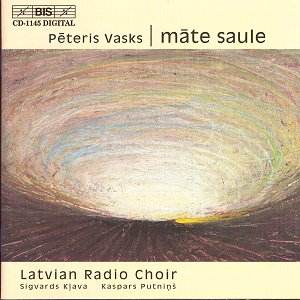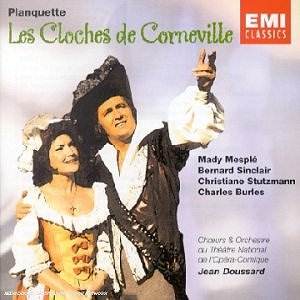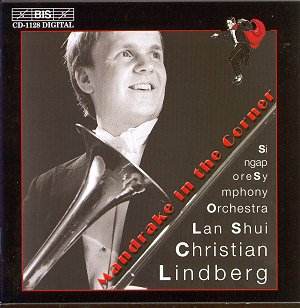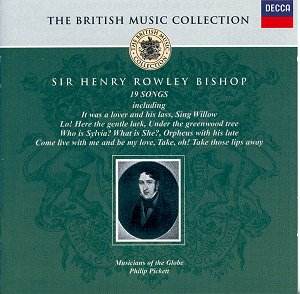 Composer: Peteris Vasks
Composer: Peteris Vasks
Works: Three Poems by Czeslaw Milosz (1994), Zemgale (1988), Mate saule (Mother Sun) (1985), Madrigals (1975), Litene (1993), Dona nobis pacem (1996)
Performers: Latvian Radio Choir, Sigvards Klava, Kaspars Putnins (conductors), Aivars Kalejs (organ)
Recording: BIS-CD 1145 [66.11]
Peteris Vasks, a prominent figure within the contemporary classical landscape, has often been associated with the so-called “Holy Minimalists,” a label that can be misleading when reflecting the depth and complexity of his oeuvre. This new release by BIS showcases a selection of Vasks’ choral works spanning nearly three decades, revealing not only his distinct nationalistic voice but also his ability to weave profound emotional narratives through music. The album provides an essential overview of his contributions to choral literature and highlights the evolution of his style, which is deeply rooted in the cultural and historical context of Latvia.
The recording opens with the world premiere of Three Poems by Czeslaw Milosz, a poignant setting that captures the essence of Milosz’s themes of exile and nostalgia. The performance by the Latvian Radio Choir, under the adept direction of Sigvards Klava and Kaspars Putnins, is imbued with a sensitivity that reflects the profound emotional weight of the texts. Vasks’ use of harmonic layering and contrasting dynamics creates a multifaceted soundscape, particularly in the final poem, where the choir’s voices rise in a haunting crescendo that lingers in the listener’s memory. This piece exemplifies Vasks’ ability to transform the spoken word into a visceral musical experience, echoing the existential struggles of Milosz’s life as a displaced person.
Following this, Zemgale serves as a historical reflection on the devastation wrought upon the Latvian region in the 13th century. Here, Vasks employs a more aggressive tonal palette; the rhythmic drive and dissonance convey a palpable sense of urgency and conflict. The choir’s execution of the piece is commendable, though there are moments where the intonation falters, detracting slightly from the overall impact. However, the emotional ferocity conveyed helps to underscore the work’s thematic relevance, mirroring the contemporary struggles of Latvians during the Soviet era.
Mate saule, composed in 1985, stands out as a miniature masterpiece that exemplifies Vasks’ trademark “white diatonicism.” The clean lines and serene textures evoke the Latvian landscape, capturing the essence of nature and spirituality. The choir’s performance is particularly effective here, with an ethereal quality that enhances the luminous text. The clarity of the diction and the seamless blend of voices create an immersive experience, allowing listeners to fully appreciate the delicate interplay between the music and the text.
The recording quality is exceptional, with BIS maintaining a clear and resonant sound that brings out the nuances of Vasks’ choral writing. The engineering captures the rich tonal qualities of the choir while allowing the organ’s contributions, particularly in the Dona nobis pacem, to resonate within the choral fabric. The organ’s role in this work adds a layer of gravitas, transforming the piece into a supplication for peace that is both personal and universal. Vasks’ choice of a Latin text for this work adds to its timeless quality, bridging cultural divides in its plea for humanity’s betterment.
While there are other notable recordings of Vasks’ works, such as the earlier Conifer Classics release of Cantabile, this new collection offers a more comprehensive view of his choral output. The juxtaposition of earlier works with more recent compositions provides a fascinating perspective on his development as a composer, allowing the listener to trace the trajectory of his artistic evolution.
This recording ultimately serves as a vital introduction to Vasks’ choral music, showcasing the composer’s ability to express complex emotional landscapes through simple yet profound musical language. The Latvian Radio Choir, under the skilled direction of Klava and Putnins, delivers a performance that balances technical precision with deep emotional resonance, making this disc an invaluable addition to the catalog of contemporary choral music. Vasks emerges not merely as a representative of a nationalistic movement but as a unique voice whose work continues to resonate with relevance and beauty in today’s musical discourse.


